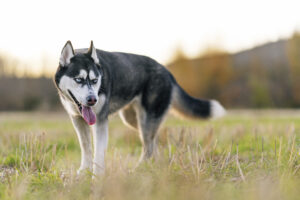As a professional dog trainer with over 15 years of experience working with breeds from around the world, I’ve learned that “intelligence” in dogs is far more complex than most people understand. The concept of the “dumbest dog breeds” is not just misleading – it’s fundamentally flawed.
Intelligence in dogs isn’t about how quickly they learn tricks or follow commands. It’s about their unique abilities, survival instincts, and the specific purposes for which they were originally bred. What might seem like low intelligence is often just a different type of intelligence that doesn’t align with human expectations.
Understanding Canine Intelligence
Before we dive into our list of least intelligent dog breeds, it’s crucial to understand how dog intelligence is actually measured. Dr. Stanley Coren, a renowned canine psychologist, developed a comprehensive ranking system in his book “The Intelligence of Dogs,” which categorizes dog intelligence based on:
- Working and Obedience Intelligence
- How quickly a dog learns commands
- Percentage of commands understood and followed
- Instinctive Intelligence
- Breed-specific abilities
- Original purpose of breeding
- Adaptive Intelligence
- Problem-solving skills
- Learning from past experiences
The Problem with Labeling Dogs as “Dumbest Dog”
Calling a dog breed “dumb” is not just inaccurate – it’s potentially harmful. Each breed has unique characteristics that made them valuable to humans throughout history:
- Basset Hounds were bred for tracking, not rapid command learning
- Afghan Hounds were developed for hunting in challenging terrains
- Bulldogs were bred for bull-baiting, requiring specific physical attributes
These breeds might score low on standard intelligence tests but excel in their original purposes.
7 Breeds Often Considered the “Dumbest Dog” Breeds
1. Afghan Hound
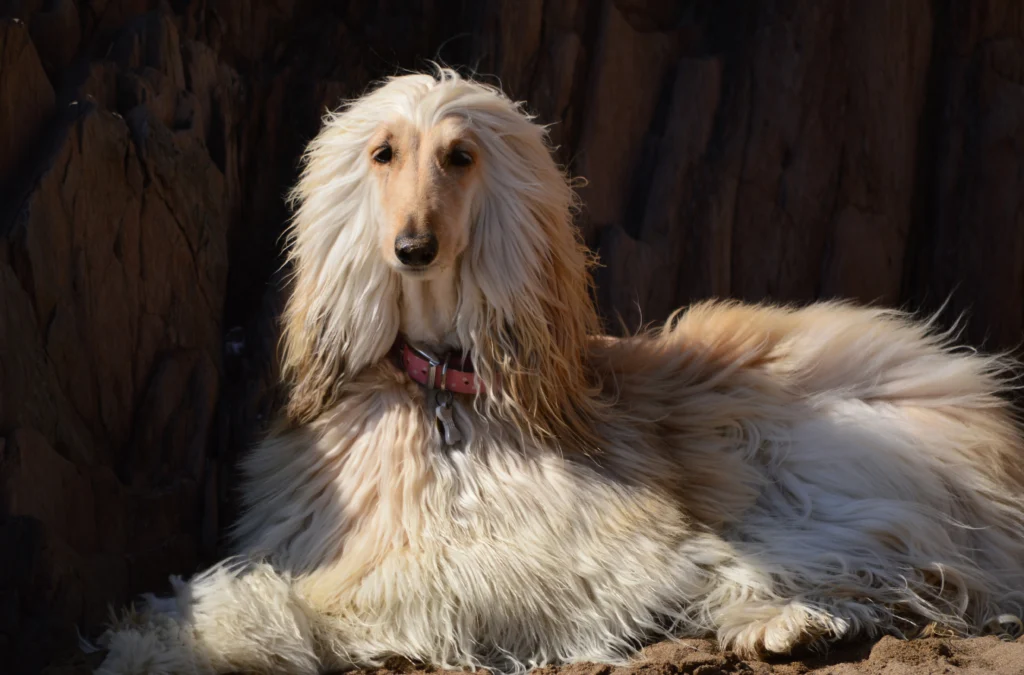
Lowest Intelligence Ranking: Often top the dumbest dog breeds list
Why They Seem “Dumbest Dog”:
- Independent nature
- Low interest in human commands
- Strong hunting instincts
- Incredibly challenging to train
Hidden Intelligence:
- Exceptional survival skills
- Outstanding hunters in difficult terrains
- Remarkable spatial awareness
- Incredible endurance
2. Basenji

Characteristics of “Low Intelligence”:
- Known as the “barkless dog”
- Extremely independent
- Challenging to train
- Cat-like behavior
Actual Capabilities:
- Sophisticated communication skills
- High problem-solving abilities
- Incredible hunting background
- Adaptive and resourceful
3. Bulldog
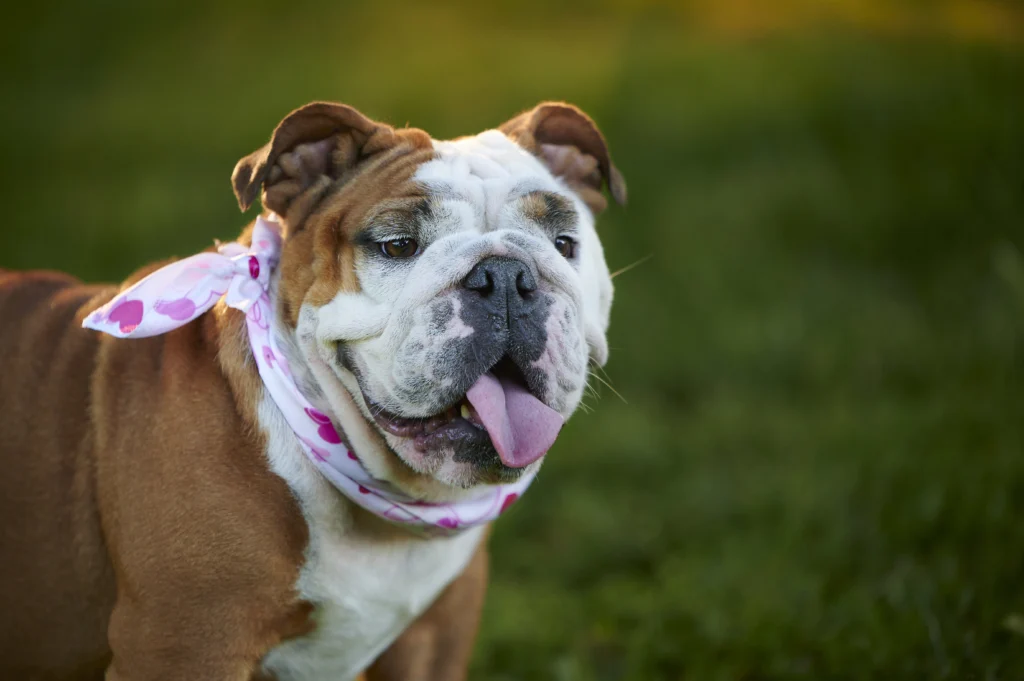
Perceived Limitations:
- Slow learners
- Limited enthusiasm for training
- Physically challenging breed
True Strengths:
- Exceptional emotional intelligence
- Strong bond with family
- Remarkable patience
- Adaptable to various living situations
4. Chow Chow

Why Considered “Clueless”:
- Aloof personality
- Limited responsiveness to commands
- Strong-willed nature
Hidden Intelligence:
- Ancient breed with complex social structures
- Incredible guardian instincts
- Deep emotional connections
- Sophisticated survival skills
5. Beagle

Labeled as One of the Slowest Learning Dog Breeds:
- Easily distracted
- Strong scent-driven behavior
- Challenging to train consistently
Remarkable Abilities:
- Outstanding scent tracking
- Incredible hunting skills
- High emotional intelligence
- Persistent problem solvers
6. Bloodhound
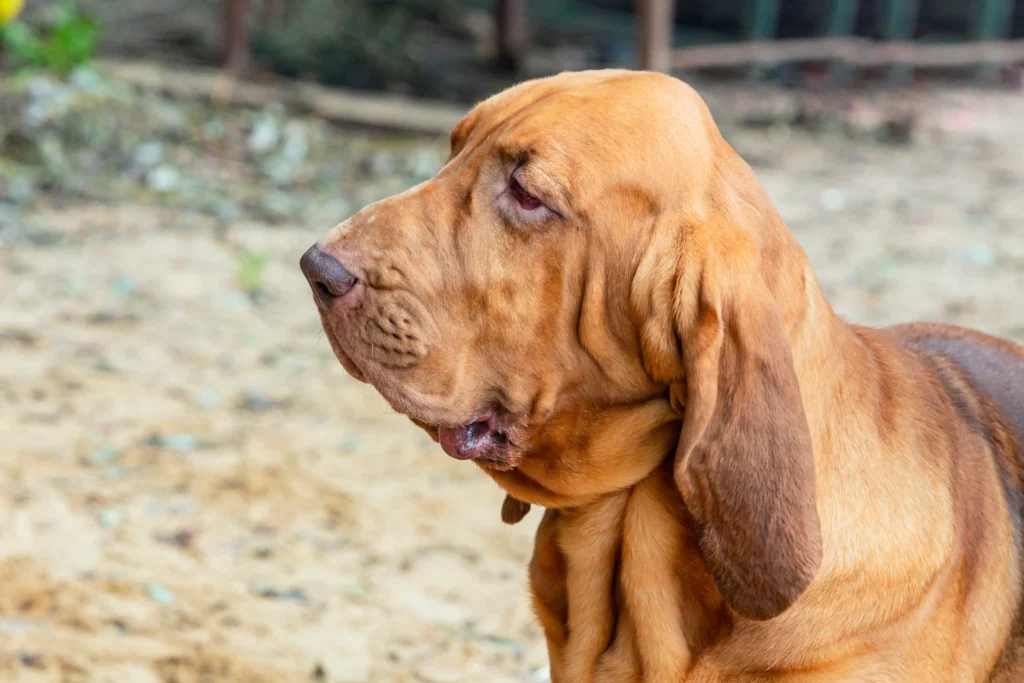
Intelligence Misconceptions:
- Seemingly slow learners
- Easily distracted by scents
- Limited responsiveness to commands
Extraordinary Capabilities:
- World-class tracking abilities
- Unparalleled scent detection
- Critical role in search and rescue
- Complex problem-solving skills
7. Pekingese
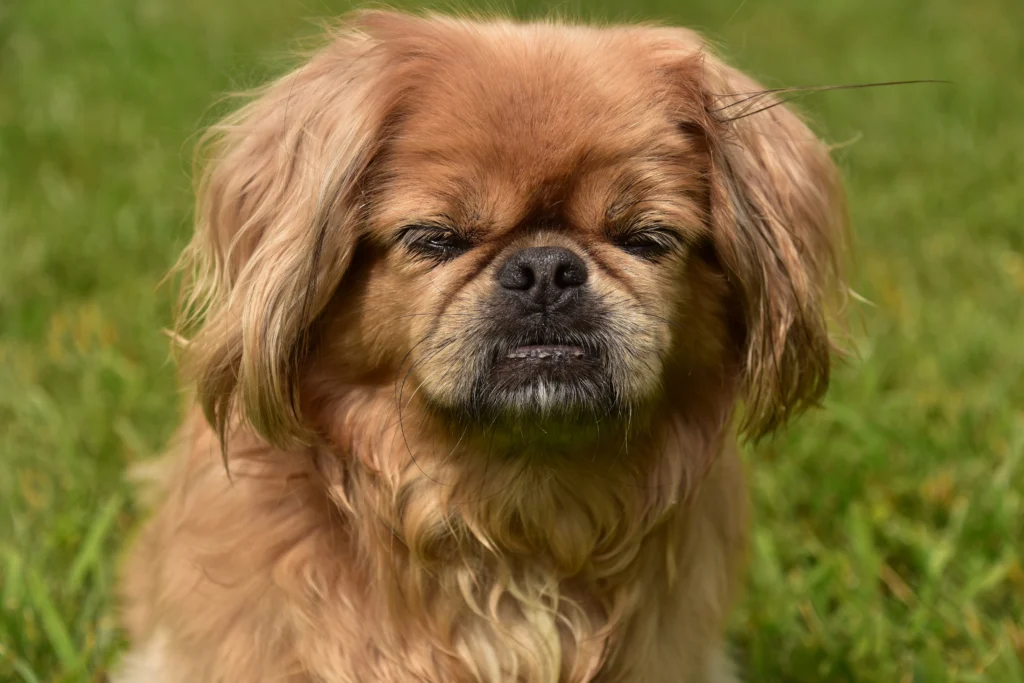
Smallest Breed on the “Dumbest Dog” List:
- Stubborn personality
- Limited interest in training
- Strong-willed nature
Surprising Intelligence:
- Ancient royal companion breed
- Sophisticated social skills
- Remarkable adaptability
- Deep emotional connection with owners
Breaking Down Dog Intelligence Myths
Myth: Training Speed Equals Intelligence
Reality: Different breeds learn differently. A slow learner isn’t unintelligent – they might be more independent or specialized.
Myth: All Dogs Should Learn Commands Quickly
Reality: Breeds were developed for specific purposes. Not all are designed for rapid command learning.
Myth: Intelligence is Universal
Reality: Intelligence varies by context. A breed “dumb” at tricks might be brilliant at survival or specialized tasks.
Factors Affecting Perceived Dog Intelligence
Breed Purpose
Different breeds were developed for specific roles:
- Hunting
- Herding
- Guarding
- Companionship
Genetic Background
Genetic predispositions significantly impact learning capabilities.
Individual Variation
Even within a breed, individual dogs show remarkable differences.
How to Work with “Less Intelligent” Breeds
Training Tips
- Use positive reinforcement
- Understand breed-specific motivations
- Be patient
- Customize training approaches
Engagement Strategies
- Discover what motivates your specific dog
- Use breed-appropriate activities
- Recognize individual strengths
Breed Size and Intelligence Correlation
Dumbest Dog Small Dog Breeds
- Pekingese
- Shih Tzu
- Lhasa Apso
Dumbest Dog Large Dog Breeds
- Afghan Hound
- Bloodhound
- Chow Chow
Scientific Perspective on Canine Intelligence
Neurological research suggests that dog intelligence is far more complex than traditional measurements indicate. Factors like:
- Emotional processing
- Problem-solving skills
- Adaptive learning
- Social intelligence
All contribute to a dog’s overall cognitive capabilities.
Potential Health Impacts on Learning
Some breeds might appear less intelligent due to:
- Genetic health issues
- Structural limitations
- Breed-specific challenges
Always consult veterinarians for comprehensive understanding.
Cultural and Historical Context
Different cultures have valued dogs for various abilities:
- Hunting companions
- Guardians
- Emotional support
- Working partners
Intelligence isn’t universal – it’s contextual.
Conclusion: Redefining Canine Intelligence
The notion of “dumbest dog breeds” is an oversimplification of canine cognitive abilities. Each breed possesses unique strengths, adaptive skills, and remarkable capabilities that extend far beyond simple command learning.
When choosing a dog, look beyond intelligence rankings. Consider:
- Lifestyle compatibility
- Personal connection
- Individual dog’s personality
- Breed-specific traits
Every dog is an individual with potential waiting to be understood and appreciated.
Have a story about your “unique” dog? Share in the comments and celebrate canine diversity!







